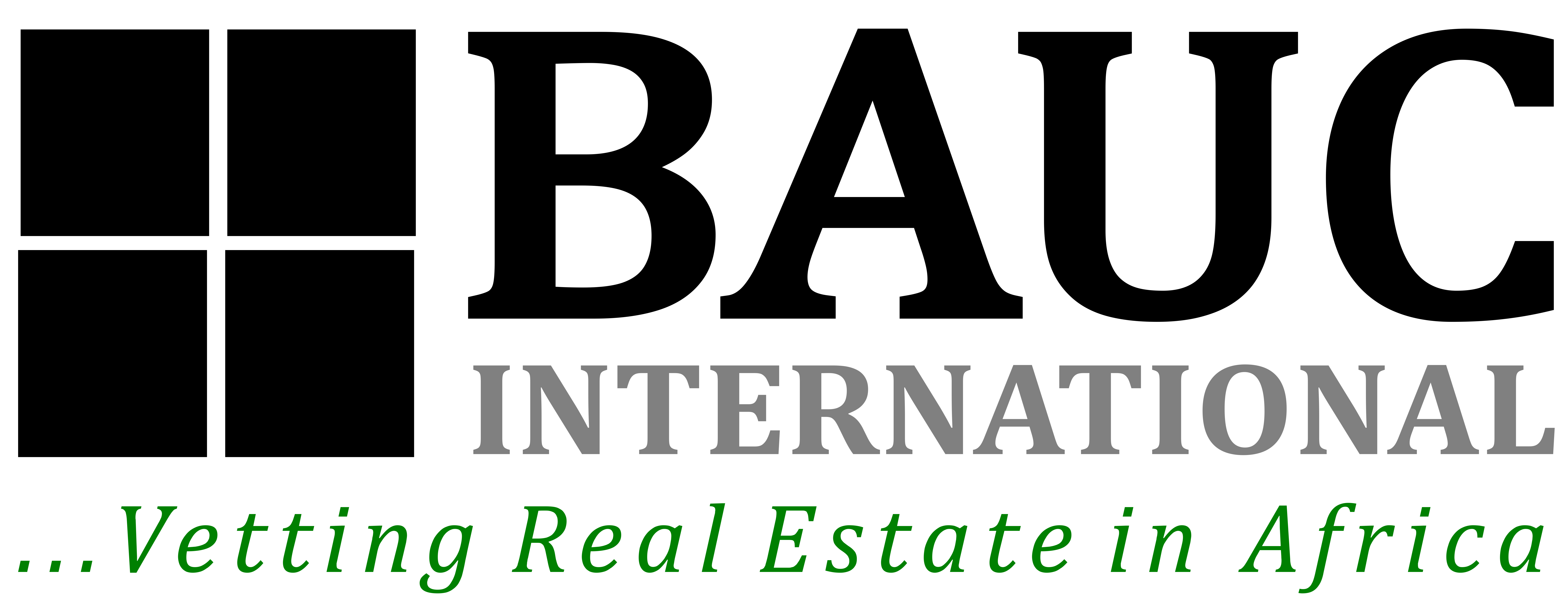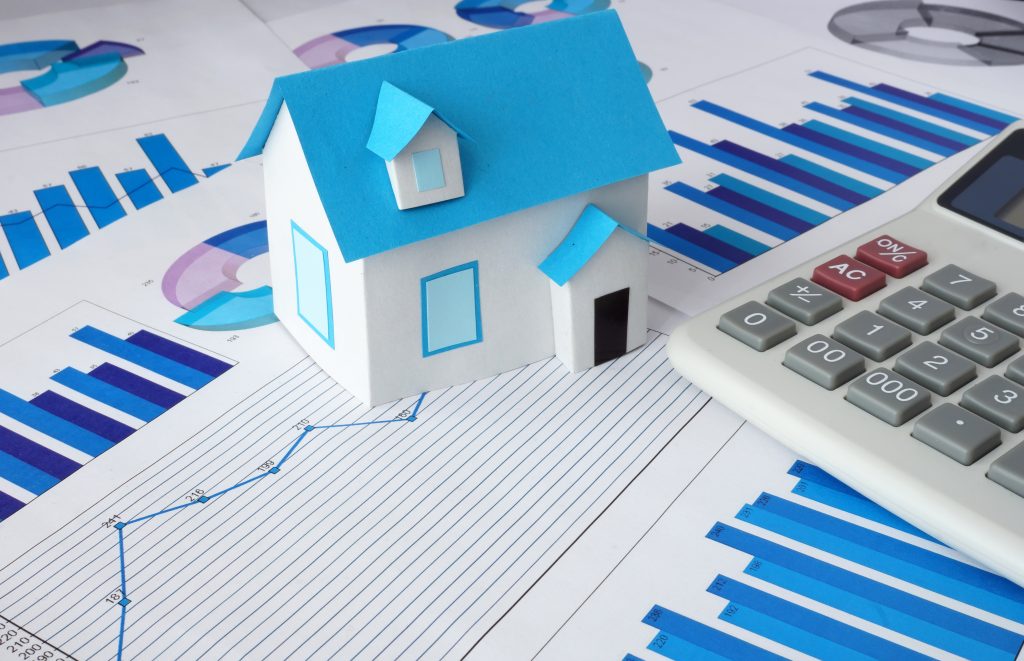Property ownership in Nigeria entails not only enjoying rights and privileges of possession but also carrying significant responsibilities, one of which is the payment of taxes.
These property taxes are governed by a combination of laws, local regulations, and administrative practices. It is crucial for property owners, investors, and all stakeholders involved to have a good understanding of these tax rules.
Types of Taxes in Nigeria
The different types of taxes in Nigerian property law are as follows:
1. Capital Gains Tax:
Capital gains tax is (10%) paid on the following transactions namely:
a. Sale
b. Lease
c. Transfer
d. Assignment and
e. Compulsory acquisition – S6(1) Capital Gains Tax Act.
Ideally, because the transferor of the property is the one benefiting, they should be the one paying the capital gains tax. However, due to the tax being a condition precedent for perfection of title, in practice it is the transferee who pays.
Capital gains tax is not applicable in the following transactions (mainly because they do not involve gains):
a. Mortgage transactions, as there is no gain realized in mortgages.
b. Gifts of land.
c. Schools as charitable institutions.
2. Personal Income Tax:
Personal Income Tax is governed by the Personal Income Tax Act. This tax is levied on individuals, partnerships, and unincorporated businesses, but not on limited liability companies. Individuals are typically assessed under the Pay As You Earn (PAYE) scheme, where tax is deducted directly from their income by their employer. Upon payment of taxes, individuals often receive a tax clearance certificate.
The jurisdiction where Personal Income Tax is paid is determined by the individual’s residence rather than their workplace. This means tax obligations are based on where the person resides rather than where they work.
3. Value Added Tax:
Value Added Tax (VAT) is regulated by the Value Added Tax Act and is applicable to goods and services, such as professional services provided by legal practitioners.
To comply with VAT regulations, professionals must establish an account with the relevant tax authority. VAT is typically calculated at a rate of 5% on the fees charged for their services. It’s important to note that VAT collected by professionals is not retained by them but is instead remitted to the Federal Inland Revenue Service (FIRS) or, following the recent legal developments as exemplified by the case of AG Rivers State v FIRS, to the respective state revenue service.
Under VAT regulations, all professionals are considered VATable persons, meaning they are required to charge and remit VAT on their services. The administration of VAT falls under the jurisdiction of the Federal Inland Revenue Service, although recent legal precedents suggest that state revenue services may also be authorized to levy and collect VAT.
This framework ensures that VAT obligations are fulfilled transparently and in accordance with applicable tax laws, promoting fiscal compliance across professional sectors.
4. Company Income Tax:
This is regulated by the Companies Income Tax Act and is paid by companies to the Federal Inland Revenue Service.
5. Consent Fees:
Consent fee is the payment required to obtain the consent of the Governor of a state as provided in Section 22 of the Land Use Act 1978. This consent, known as Governor’s Consent, is necessary for lease, assignment, mortgage, and other forms of alienation of interests in land and properties. The fee is paid directly to the Governor through the Ministry of Land. In Lagos State for example, this fee is calculated at 8% of the assessed value of the property.
6. Estate Duty:
This duty is applicable to both real and personal property of a deceased individual. The amount payable as estate duty is 10% in Lagos state and it is calculated based on the gross value of the estate.
7. Registration Fees:
This is the fee paid to register an instrument for the transfer of interest at the Lands’ Registry of a state. In Lagos, it is calculated at 3% of the assessed value of the property.
8. Tenement Rate/Property Tax/Land Use Charge:
This is charged by virtue of the Tenement Rate Law of the various states. The tenement rate is an annual levy on buildings within a specific area, often referred to as property tax in some regions. In Lagos State, it is integrated into the land use charge governed by the Land Use Charge Law. Factors considered for assessing the land use charge include:
a. The location of the property;
b. The purpose for which the property will be used; and
c. Nature of the property.
In conclusion, navigating property taxes in Nigeria involves understanding and adhering to a diverse array of tax obligations that apply to property owners, investors, and stakeholders alike. These taxes are governed by a complex interplay of laws, local regulations, and administrative practices. From capital gains tax on transactions like sales and leases to personal income tax assessed under the PAYE scheme, and from VAT obligations for professional services to company income tax and estate duties, each tax serves a specific fiscal purpose.
Furthermore, specific fees such as consent fees for Governor’s Consent on property transactions and registration fees for land transfers are integral to securing legal rights over property. Moreover, the tenement rate, which is akin to property tax, underpins local revenue generation and development initiatives, particularly in urban areas like Lagos State.
To navigate this landscape effectively and ensure compliance with regulatory requirements, property owners and investors are strongly advised to engage the services of a reputable real estate vetting company. Such companies specialize in conducting thorough due diligence, verifying property titles, assessing tax liabilities, and facilitating legal compliance. By leveraging their expertise, stakeholders can mitigate risks, streamline transactions, and safeguard their investments against potential legal or financial complications.
Understanding and complying with these tax obligations not only ensure legal compliance but also contribute to the sustainable development and governance of property ownership in Nigeria. Therefore, stakeholders must stay informed and proactive in managing their tax liabilities to navigate the complexities of property taxation effectively with the assistance of experienced professionals in the field.

